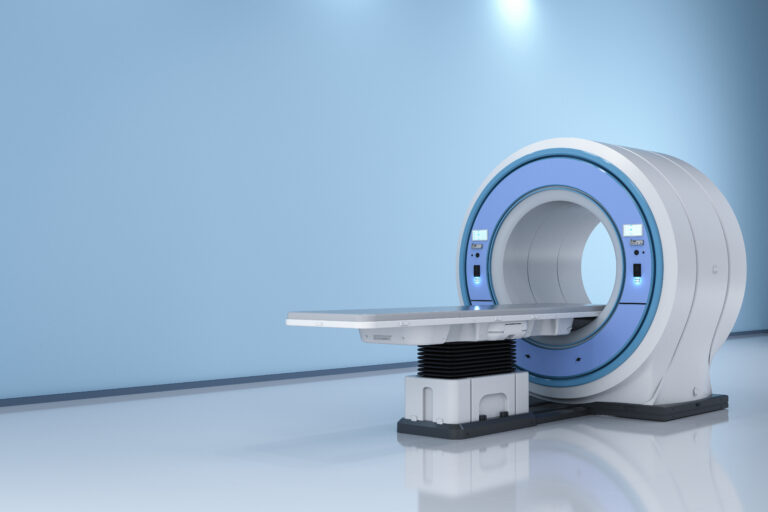Virtual reality (VR) memory training shows promising potential as a supportive tool for cognitive function in Alzheimer’s disease, but its effectiveness specifically for memory improvement remains somewhat limited and requires further research. VR interventions, especially immersive ones, have demonstrated benefits in enhancing global cognitive function, executive function, attention, and social cognition in brain injury and dementia-related conditions, but consistent significant improvements in memory are less clear[1][3].
Studies indicate that digital cognitive interventions, including VR-based cognitive training, can positively impact several cognitive domains. A recent meta-analysis found that VR cognitive interventions were more effective than traditional cognitive therapies in improving global cognition and executive functions in patients with traumatic brain injury, which shares some cognitive impairment features with Alzheimer’s disease. However, these interventions did not show significant effects on memory or processing speed[1]. This suggests that while VR can enhance certain cognitive abilities, memory improvement specifically may not be as robust or direct.
In the context of dementia and Alzheimer’s disease, VR and augmented reality (AR) have been used primarily to support reminiscence therapy, which aims to stimulate long-term memories and emotional well-being. Immersive VR environments that recreate familiar or meaningful settings can elicit memories, foster social interaction, and reduce behavioral symptoms associated with dementia. These immersive experiences promote engagement and emotional benefits, which are important for quality of life but do not necessarily translate into measurable memory enhancement[2].
Preliminary studies focusing on VR-based cognitive training for Alzheimer’s patients have observed some improvement in visual recognition memory, a specific memory domain, but other cognitive areas did not show significant changes. This suggests that VR training might help certain types of memory but is not a comprehensive solution for all memory deficits in Alzheimer’s disease[3].
The mechanisms by which VR might aid cognitive function include increased engagement, multisensory stimulation, and the ability to tailor environments to individual needs, which can enhance motivation and participation in cognitive exercises. These factors are crucial because traditional cognitive training can be repetitive and less engaging, leading to lower adherence. VR’s immersive nature may overcome these barriers, potentially leading to better cognitive outcomes over time[2].
Despite these encouraging aspects, VR memory training is not yet established as a standalone or primary treatment for Alzheimer’s disease. Pharmacological treatments remain the mainstay for managing symptoms, and VR is considered an adjunctive therapy to support cognitive and emotional health[5]. Visualization or mental imagery alone, without interactive or immersive components, has not been shown to effectively improve memory or prevent dementia[6].
In summary, VR memory training offers a novel and engaging approach that can improve certain cognitive functions and emotional well-being in Alzheimer’s patients, but its direct impact on memory improvement is limited and inconsistent according to current evidence. More rigorous, large-scale clinical trials are needed to determine optimal VR training protocols, identify which patient subgroups benefit most, and clarify long-term effects on memory and daily functioning[1][2][3].
Sources:
[1] Front Neurol. 2025 Oct 7;16:1651443. doi: 10.3389/fneur.2025.1651443
[2] PMC12529597 – Developing assistive technology to support reminiscence therapy
[3] Sage Journals – Preliminary study on the feasibility of virtual reality-based cognitive training
[5] Dr.Oracle.ai – What are effective treatments for memory management?
[6] Dr.Oracle.ai – Does visualization improve memory or prevent dementia?





